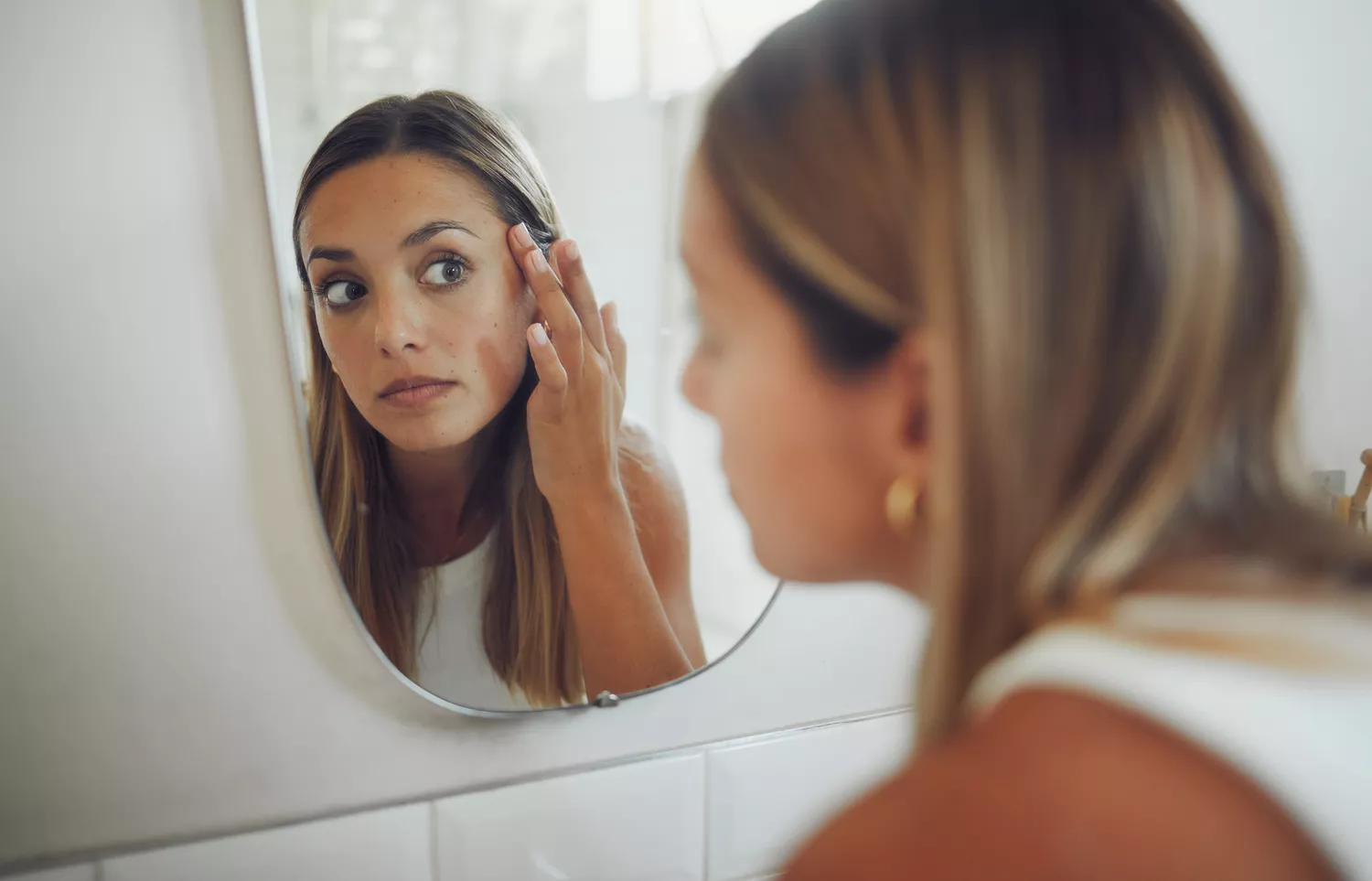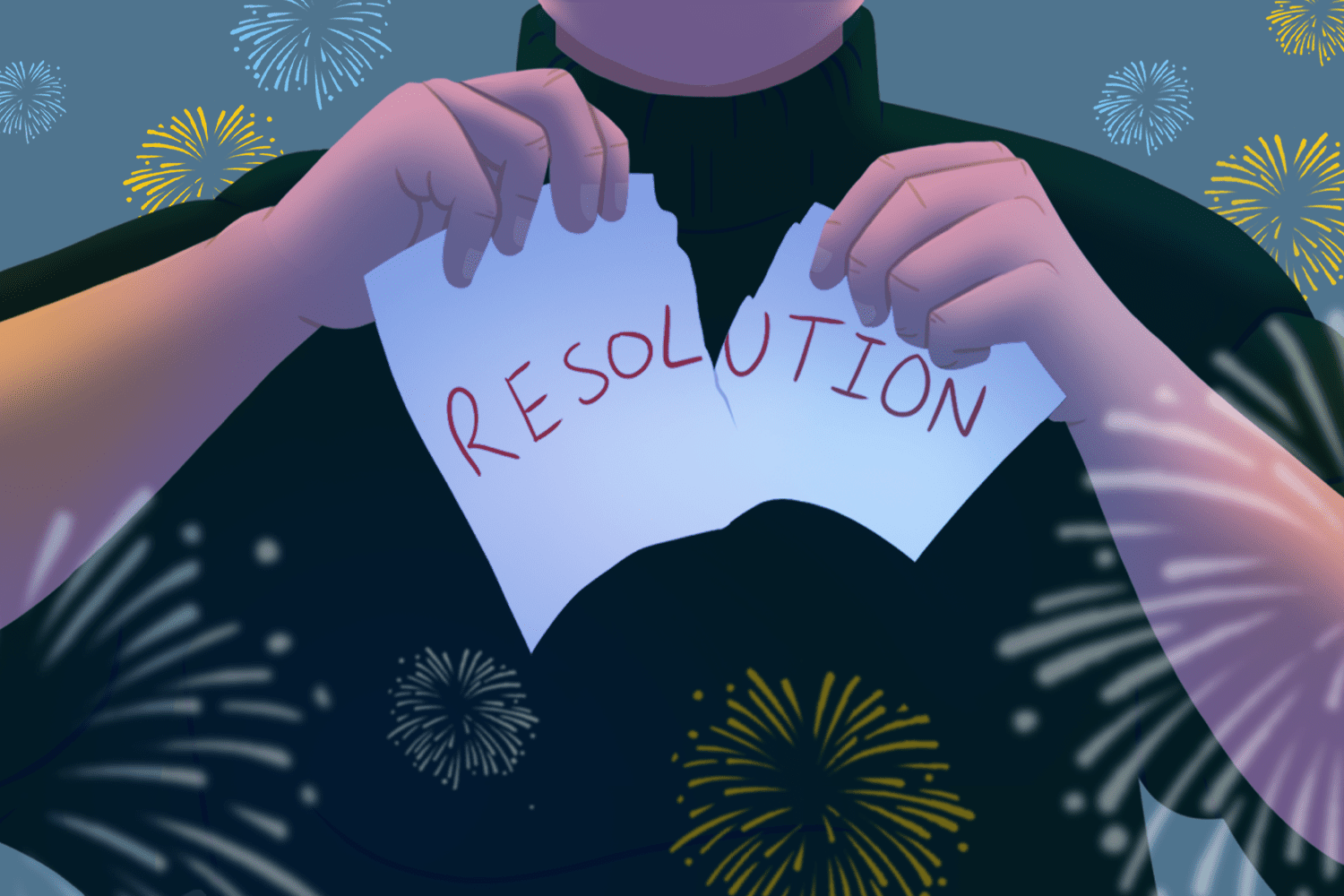Weight prejudice describes a lack of confidence concerning and actions toward a private as an outcome of their dimension. Individuals may also experience internalized weight prejudice– an unfavorable mind about oneself as a result of socialization within a fatphobic setting.
Unlike weight preconception, which is a negative social tag attached to an individual because of residing in a higher-weight body, weight prejudice take care of personal stereotypes toward individuals that are thought about obese or that have excessive weight.1 This predisposition can lead to discrimination in day-to-day life, from the workplace to medical care setups, as a result of exclusivity and marginalization. It might also result in disordered eating patterns and reduced self-worth in those who experience interior weight bias.
Instances of weight predisposition consist of seeing a person that lugs too much weight and immediately taking into consideration that individual to be unrestrained, careless, or uninspired. Though many people would certainly not externally confess to holding these viewpoints, this attitude has been continuously perpetuated by the mainstream media.
Where Does Weight Prejudice Occur?
In our society, where thinness is typically promoted as “ideal,” weight bias normally runs widespread versus those in bigger bodies. This can begin as early as youth, with pupils buffooning their peers for being overweight.

Heavyset youngsters are frequently teased regarding their dimension, which can result in ostracizing from particular social circles. Those with slender physiques might be considered as more athletic or appealing, while those who have larger bodies are ridiculed due to deep-rooted unfavorable sensations concerning larger individuals.
Naturally, weight bias doesn’t end in one’s younger years, however its visibility will likely transform. While youngsters are more inclined to be upcoming with severe words, grownups normally have much more tact, recognizing their bias need to stay unmentioned.
However, people with bigger bodies will certainly continue to experience bias. One may transform a prospective suitor down for a day only based upon their weight, or a work candidate might be overlooked following a meeting because the hiring supervisor categorized them as being unambitious.
Examples of Weight Bias
The evidence is clear that individuals that are considered “thin” or “ordinary” in dimension are not subjected to the same bias as those that live in bigger bodies. From discrimination within social circles to underlying bias by major firms, individuals with larger bodies face more weight-based obstacles as compared with their thinner peers. Below are some instances of where weight predisposition takes place.
Colleges
Little ones being teased for their weight as early as their very first year in college. For example, a media resource reported that a woman’s kindergarten-aged little girl got back in tears after being called “fat” by a fellow pupil.2.
Offices.
Specialists in the office might be less likely to be worked with as a direct result of their weight. In an independent survey of nearly 1,000 employers, a monstrous 45{64e9efbe745f9379218bc994add48b207b0d636d8d3672d8160107208b1b3f50} of working with supervisors reported they would certainly be less inclined to hire a prospect with obesity beyond the meeting phase.3.
Media.
Papers and other media outlets externally critiquing the figures of female celebrities: In a research study, it was found that direct exposure to fat-shaming commentary about well-known women’ bodies boosted ladies’s implicit weight predisposition and negative weight-related attitudes.4.
Clinical Offices.
Hold-ups in care or dismissive attitudes by medical professionals, that have actually indicated individuals’ clinical problems are a straight result of their weight: Surveys have actually revealed majority of obese people have postponed or canceled clinical appointments and testings for concern of being considered, or receiving unwanted weight reduction recommendations.5.
Remember that you can ask not to be considered at your physicians workplace or at any kind of medical or wellness visit.
TV Reveals.
The existence of weight stigmatization in tv programs tailored towards adolescents: One study evaluated the prevalence of weight prejudice in preferred programs geared towards more youthful target markets and located half of the episodes had at least one circumstances of body-shaming– particularly towards women.6.
The Effect of Weight Bias.
Reproaching individuals with larger bodies regarding their dimension is not a reliable method to assist them drop weight. And reproaching individuals, as a whole, does not inspire positive behavior change. Rather, doing so can lead to larger-bodied people creating reduced self-esteem, in addition to being less likely to look for healthcare.
Judgments and stereotypes boost with body size, implying a bigger individual is more often subjected to objection concerning their weight. Regrettably, these negative statements can begin at an extremely young age, with the Weight Problems Medicine Association (OMA) reporting 33{64e9efbe745f9379218bc994add48b207b0d636d8d3672d8160107208b1b3f50} of women and 25{64e9efbe745f9379218bc994add48b207b0d636d8d3672d8160107208b1b3f50} of kids across the United States experience weight prejudice in the type of teasing.7.
According to the OMA, intimidation, and harassment concerning a youngster’s weight is linked to depression, stress and anxiety, and an adverse body photo.
Low self-esteem regarding one’s body photo can cause interior weight prejudice. Body frustration carries numerous threat elements, consisting of disordered consuming, which the OMA estimates impact about 20{64e9efbe745f9379218bc994add48b207b0d636d8d3672d8160107208b1b3f50} of teenagers that are worried regarding their weight. Signs and symptoms of disordered consuming consist of restricting, binging, purging, and using laxatives/diuretics to encourage weight loss.7.
In adults, weight predisposition can continue health-related concerns. Because higher-weight people report they are most likely to experience weight predisposition from their service providers, they are additionally extra inclined to stay clear of medical consultations.
Excessive weight in itself is a wellness risk, however the preconception around obese clients in the healthcare system can trigger sensations of shame and embarassment. Individuals who review weight concerns with their suppliers are frequently ordered to adhere to weight loss routines.
Those who are not successful might scold themselves for being incapable to drop weight and terminate their follow-up brows through for fear of their doctor’s action. This is particularly troublesome in cases when too much, constant weight can be the result of a hidden problem needing additional expedition.
Can Weight Prejudice Be Gotten Rid Of?
Getting rid of weight prejudice can be achieved with increased education and learning relating to the reasons for weight problems, along with a widened focus on the emotional impact affecting those that deal with the condition. This can start with tackling weight predisposition within the healthcare sector and broadening on behavioral resources for people whose psychological state has actually been influenced by weight bias. Organizations like the Obesity Activity Coalition is simply one organization that can offer resources.
Boosted education programs, campaigning for teams, and an altered mindset are all effective tools in dealing with against weight bias, removing weight-based discrimination, and giving equal approval for individuals of all dimensions.


